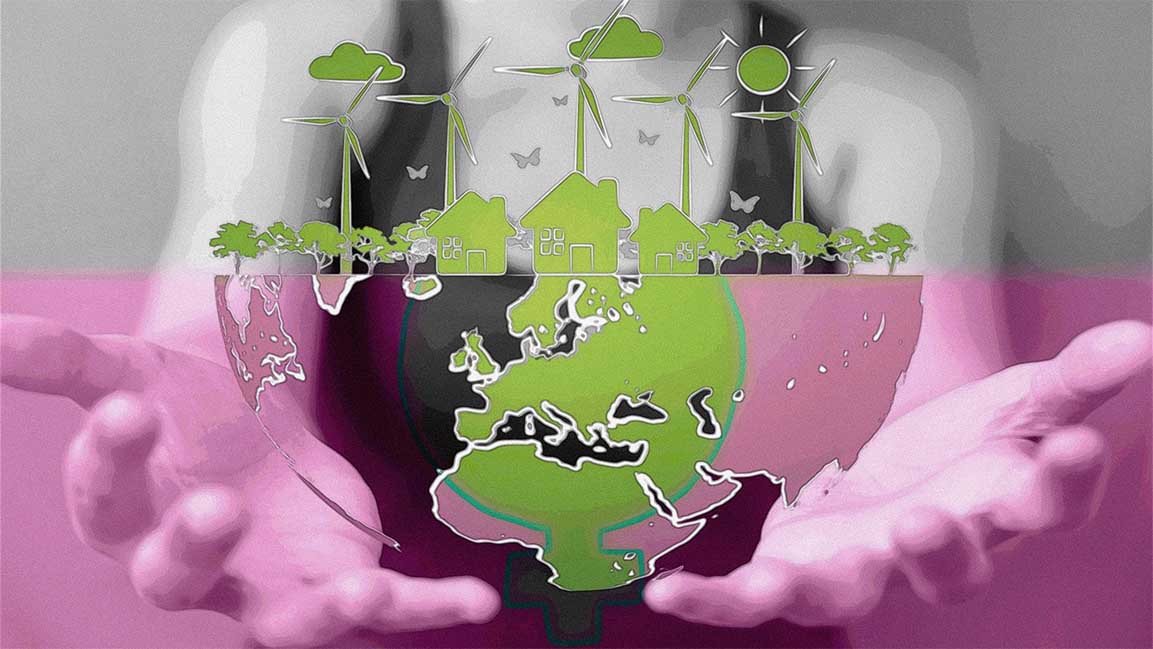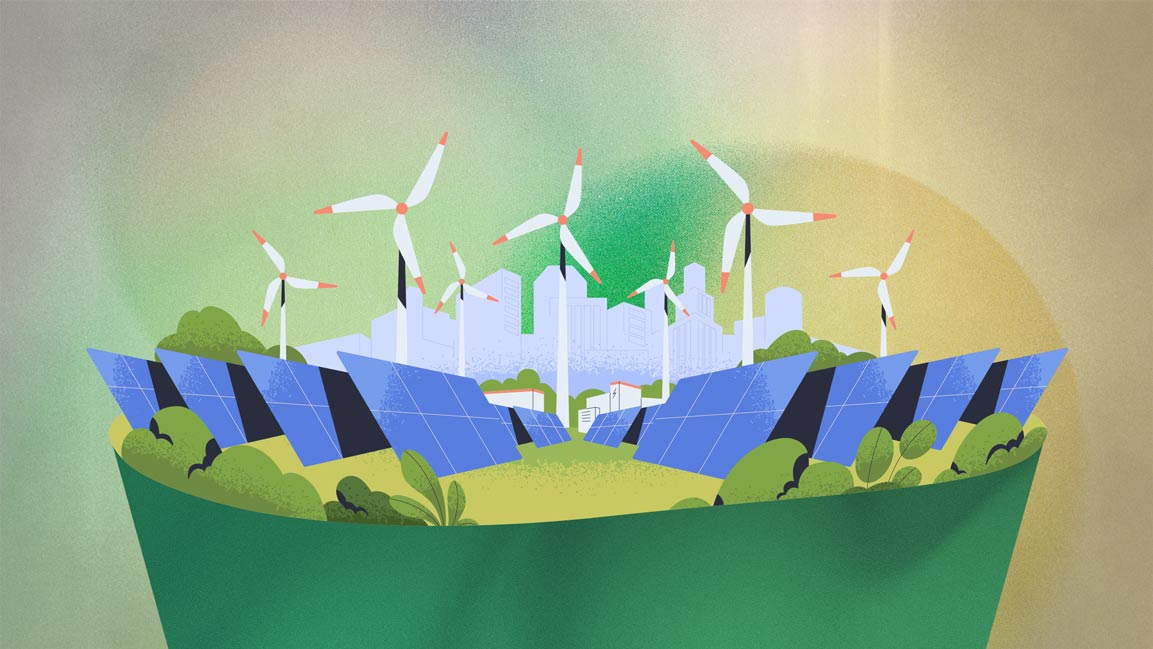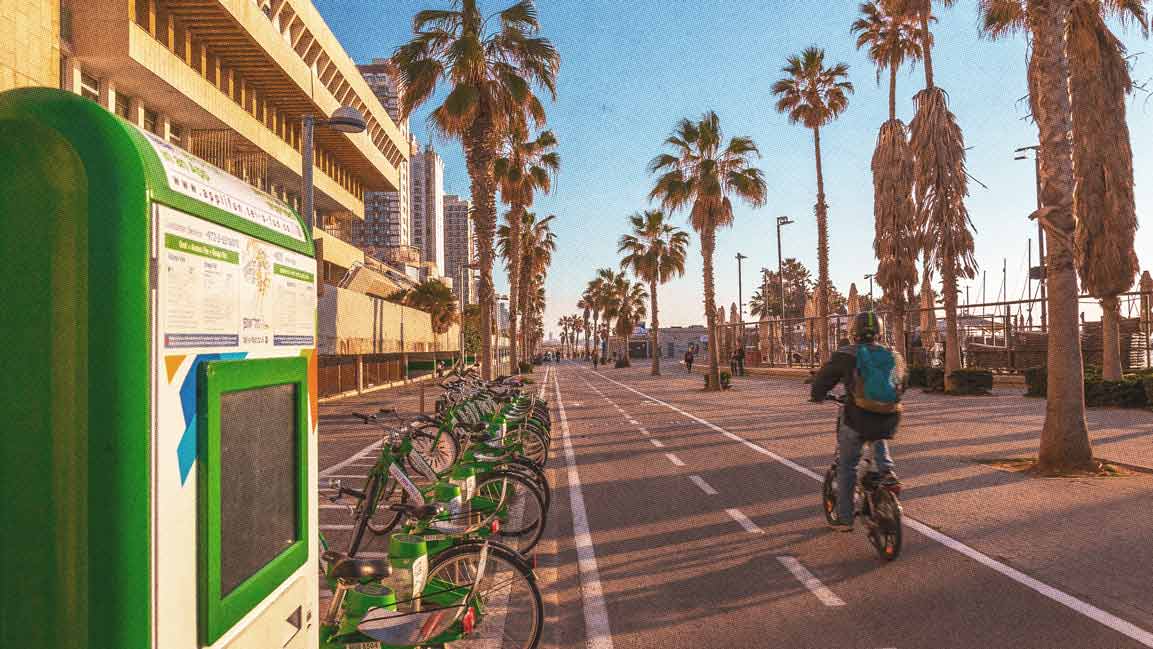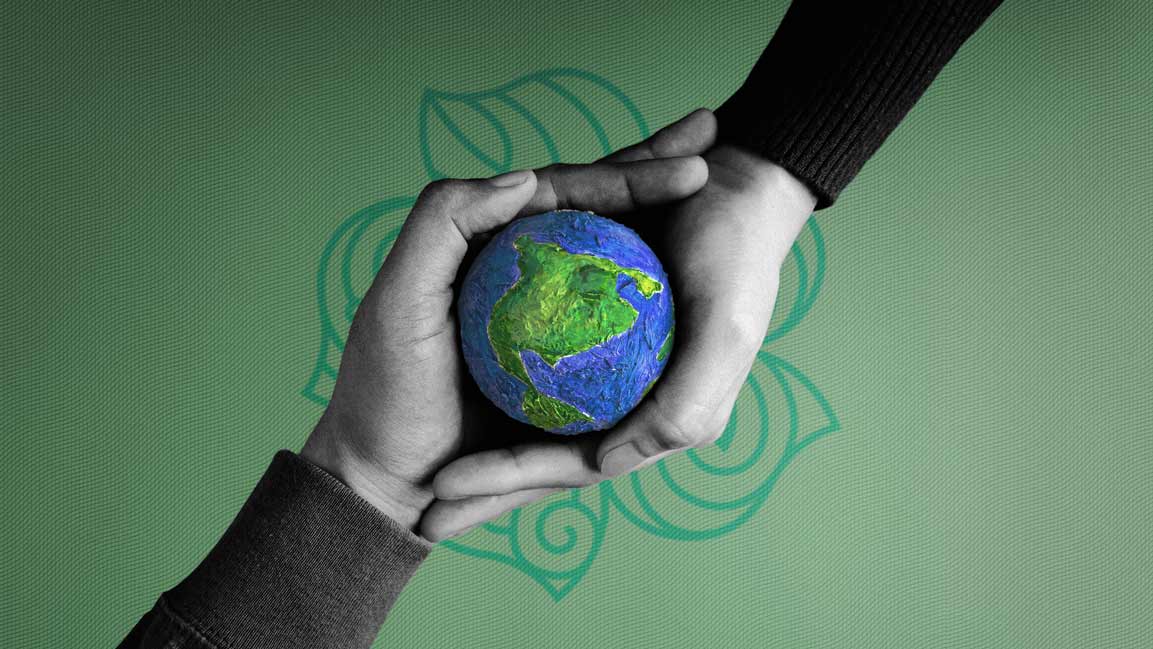- | 12:00 pm
UN Women’s Conference in Abu Dhabi urges women’s inclusion in the climate change agenda
Experts say the lack of women-led organizations could be a stumbling block to true transformation.

Now accepting applications for Fast Company Middle East’s Most Innovative Companies. Click here to apply.
Women remain a minority in the climate change agenda, said experts at the UN Women’s Conference in Abu Dhabi. Historically, women have been more vulnerable to the effects of climate change, particularly in remote rural areas where they often bear the responsibility of managing household resources, lack access to clean water, and face extreme weather events such as droughts and floods.
Sheikha Dr. Moza bint Tahnoun Al Nahyan, advisor to the UAE’s Ministry of Foreign Affairs and International Co-operation, highlighted the disproportionate impact and burden women and girls face, especially those most vulnerable, such as refugees and rural women. Currently, 80% of people displaced by climate emergencies are women and girls, experiencing loss of livelihoods, food security challenges, limited access to clean water, and increased care responsibilities.
Meanwhile, Mouza Al Shehhi, director of UN Women GCC Liaison Officer, outlined vital priorities and steps that must be taken to address the gender gap. She emphasized the importance of considering women and girls’ specific needs and vulnerabilities and integrating gender considerations into climate strategies for a more inclusive response.
The experts also discussed the need for women-led finance initiatives, which would have a far-reaching effect on rural communities. Women often face challenges in accessing financial resources to address climate change, and it is essential to design climate finance initiatives that support women-led initiatives, providing them with the necessary funding and opportunities.
Additionally, Dr. Dena Assaf, United Nations resident coordinator in the UAE, emphasized the need to include more women in climate discussions. She highlighted the underrepresentation of women as climate negotiators in the MENA region and the lack of women-led organizations participating in UNFCCC’s Women and Gender Constituency.
The UN Women’s Conference made a strong case for women’s inclusion in the climate change agenda by calling for concrete actions to address gender inequality, promote women’s leadership, and ensure women’s voices and perspectives are heard and integrated into climate strategies.































